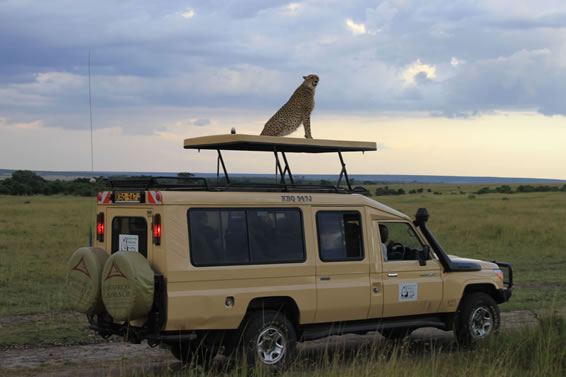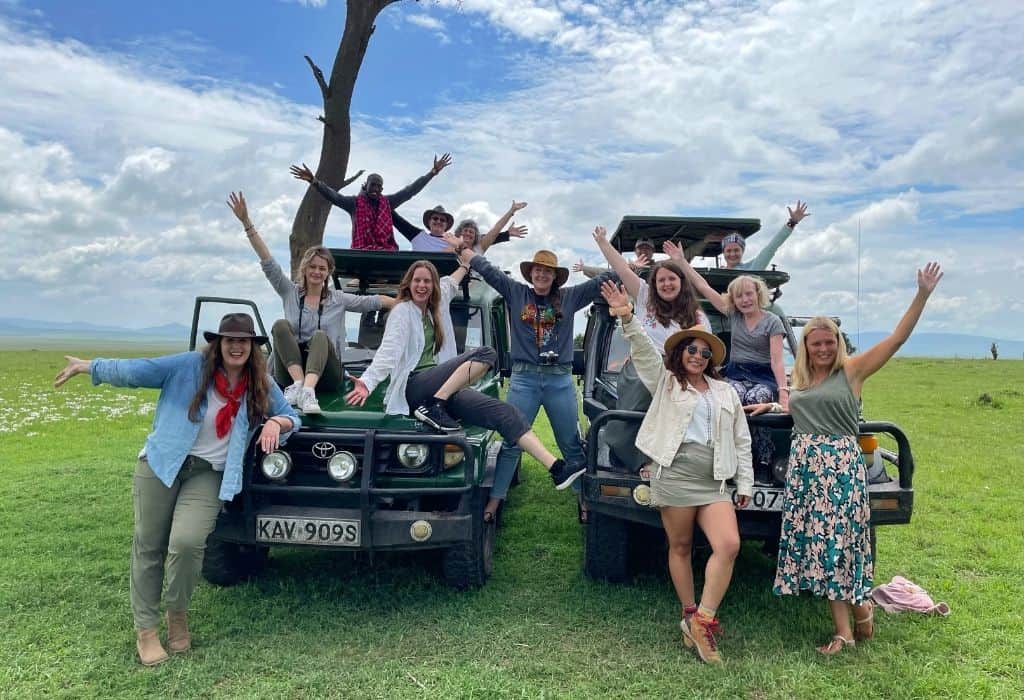Recommended Suggestions To Picking Kenya Holiday Packages
Wiki Article
What Is The Most Efficient Method Of Getting Around Mombasa While On Vacation?
Knowing the different options for transportation in Mombasa is essential to have an enjoyable and successful holiday. Take note of these important transportation arrangements:
1. The journey to Mombasa
Moi International Airport serves as the principal airport in Mombasa. International and domestic flights are handled by the airport. Mombasa is served by a variety of major airlines.
By Train By Train: The Madaraka express, operated by Kenya Railways provides a comfortable and modern train service from Nairobi to Mombasa.
Bus The bus companies like Coast Bus and Modern Coast offer services from Mombasa with other major cities in Kenya.
2. Local Transportation in Mombasa
Taxis and ride-hailing service are available in the abundance. Uber and Bolt are two ride-hailing services which are operating in Mombasa. They provide easy ways to travel around.
Tuk-tuks: These vehicles with three wheels are a popular and inexpensive mode of transport within the city. They can be used for short journeys.
Matatus are minibuses equipped with an shared driver. They travel along a specific route. They are the most well-known form of public transport. They are an affordable option but can be crowded and less comfortable.
Boda bodas - Motorbike taxis can be utilized for quick and efficient travel, particularly in areas that have a lot of traffic or short distances.
3. Car Rentals
Rental services for cars are available both at the airport and in the city. Car rental companies, both international and local have a large selection of automobiles. Be aware of local driving conditions and traffic laws.
Service for Chauffeur: If you don't want to drive yourself, a chauffeured car rental service is also available.
4. Ferry Services
Likoni Ferry Likoni Ferry: This ferry links Mombasa Island to the mainland southern part of the city. It's a must for getting to the southern beaches. For pedestrians, it's absolutely free. The cost for vehicles is.
5. Day Trips, Excursions and other excursions
Tour Operators: Many tour operators offer guided tours to popular destinations like Mombasa Marine National Park (Fort Jesus) as well as beaches nearby, such as Diani or Nyali. Most of these tours include transportation.
Public Transport: For independent travelers, using a combination of tuk-tuks and matatus and taxis, you can reach various attractions.
6. Walking and Cycling
Bicycle Rentals: Some areas, especially along the coastal beaches, offer bicycle rentals to enjoy a leisurely ride.
Walking is possible around Mombasa. Especially in the Old Town or along the beach.
7. Tips for travelers
Safety: Always select reliable taxi companies and avoid public transportation in the late hours of the evening. Keep an eye on your possessions.
Negotiation: If you are using taxis or tuk-tuks you should bargain the cost prior to beginning your journey. Meters are seldom used.
Traffic: Expect heavy traffic, especially around Likoni Ferry or central business district.
If you are aware of these options for transportation and making the appropriate arrangements, you will be able to enjoy a a hassle-free and enjoyable holiday in Mombasa. See the top airport transfers kenya for website advice including trips to kenya africa, tour and travel company, safari excursions, africa safaris and tours, mombasa safaris kenya, kenya safari packages, african safari excursions, african safari excursions, african safari tours kenya, mombasa tour companies and more.

What Is The Cultural Sensitivity I Need To Be Aware While Traveling To Mombasa Kenya On A Holiday?
To ensure that you have respectful interactions with local people and enhance your travel experience, it is vital to be sensitive to the culture during your time in Mombasa. Here are a few important things to consider.
1. Respect local dress code
Modest clothing: Mombasa has a significant Muslim population. In public places such as religious sites, public places, and neighborhoods, it is essential to dress modestly. Dressing your shoulders, chest and knees is a good idea.
Beachwear: Swimwear is appropriate at the beach, however it's recommended to cover up before leaving the beach or going to nearby restaurants and stores.
2. Religious Sensitivity
Mosques: Ask permission before entering a mosque. Wear modest clothing. Women must cover their heads and all visitors should take off their shoes before entering.
Prayer Times - Be aware of five prayer times per day. Try to be considerate during these times, particularly if the mosque in your area is involved.
3. Photography Etiquette
Permission is always required before taking pictures, especially in rural areas or traditional environments. Certain people might be uncomfortable or believe it's an invasion.
Restricted Areas - Do not take pictures of sensitive areas like military installations and government structures.
4. Social Interactions
It is important to greet people courteously. In Swahili one of the most popular greetings is "Jambo". For Muslim women it is considerate to wait until they have extended their hands first or to say hello with a verbal greeting.
Personal Space: Remember the need to be respectful of your personal space.
5. Cultural Norms & Taboos
Public Displays Of Affection: Avoid publicly displayed displays of affection because they are considered inappropriate.
The use of the left hand Left-handed hands have historically been considered unclean. Make use of your right hand when eating, greeting others, as well as for exchanging items and cash.
Feet - It's considered to be disrespectful to point your soles of your feet towards them or show them.
6. Language and Communication
Basic Swahili. Learning some Swahili phrases and words can help you establish rapport with the locals. The most common Swahili phrases include "Asante", which means "thank you", and "Habari" meaning "How do you feel?" ).
Politeness: Show patience and politeness in your communications. Kenyans are polite and respectful when they interact with others.
7. Follow local customs
Respect traditional ceremonies and practices. If you're invited to an event in your region, follow your hosts and observe their behavior.
Bargaining: Bargaining is common in local and market shops, but you must do it respectfully and with good humor. It's a cultural practice rather than an aggressive one.
8. Alcohol and Smoking
Alcohol is available in most regions, but it should not be consumed openly. Beware of public drinking.
Smoking: Smoking is generally not allowed in public places. You will find designated smoking areas.
9. Environmental Respect
Cleaning up litter: Take care to dispose of waste in a responsible manner and avoid littering. Take care to respect wildlife habitats and natural areas.
Conservation: Help conserve the environment by protecting the local environment and wildlife. Avoid purchasing products made with endangered species.
10. Assisting Local Communities
Local Businesses: Help local businesses, local markets, and artisans to help the local economy.
Responsible Tourism: Choose environmentally friendly, community-based and sustainable tourism alternatives that help the local community.
Check out these tips on cultural sensitivity to make your trip more enjoyable in Mombasa and gain a better appreciation and understanding of the culture of Mombasa. Have a look at the most popular Diani Beach taxi for website tips including kenya travel packages, kenya travel packages, kenya tours, mombasa safari packages, travel & tours company, kenya safari packages, africa safaris and tours, tours and safaris, kenya beach and safari holiday, kenya beach mombasa and more.

What's My Obligation As An Environmentalist When I'm In Mombasa Kenya?
If you are planning a trip to Mombasa, Kenya, being environmentally responsible is crucial in order to safeguard the beauty and biodiversity of the region. Consider these environmental responsibilities:
1. Sustainable Accommodation
Eco-Friendly Hotels: Choose accommodations which are sustainable. Search for eco-labels or certifications like Eco-Tourism Kenya.
Join hotel initiatives to promote conservation of water and energy. Reuse towels or linens. When not in need switch off the lights and air conditioning.
2. Responsible Wildlife Viewing
Be respectful of wildlife. Be respectful of animals so as not to cause disturbance to them. Follow the guidelines provided by your guide on the tour.
Avoid Feeding Animals. The act of feeding wild animals could change their diet and behaviour.
Do not litter in wildlife reserves. Remove all trash and dispose of it properly.
3. Plastic Reduction
Avoid using plastics for single use. Keep a reusable cup bag, bag, or other utensil.
Local initiatives are important Participate in beach cleanups and help groups that help reduce the impact of plastics on the environment.
4. Water Conservation
Use Water Wisely: Mombasa experiences water scarcity issues. Use shorter showers, and shut off the faucets when you're not using them.
Utilize eco-friendly and biodegradable toiletries: To minimize water pollution Use biodegradable and eco-friendly toiletries.
5. Energy Conservation
Reduce energy use: unplug electronic equipment when not being used and limit the use of air conditioners.
Support renewable energy: Select accommodation and tour operators that use renewable sources of energy.
6. Sustainable Transportation
Public Transport: If you can make use of public transportation such as matatus and buses to cut down on the carbon footprint you leave on your feet.
Think about short-distance walks or renting bicycles. Some areas offer eco-friendly tuk-tuks.
7. Supporting local economy
Buy Local: Purchase items such as souvenirs foods, crafts, and other items from local vendors and artisans to help support the local economy.
Fair Trade: Choose items that are fair trade certified so that local farmers are compensated fairly.
8. Environmental Education
Learn and discuss. Inform yourself about local conservation efforts as well as the environmental issues. Discuss with your friends the information you have gathered to increase awareness.
Respect local cultures : Understand and respect local traditions, practices, and beliefs related to conservation of the environment.
9. Marine Conservation
Snorkeling and Scuba diving Be cautious not to touch or step on coral reefs. Make sure to protect marine life with sunscreen that is safe for reefs.
Do not dispose of garbage in the ocean. Participate in or support marine conservation programs.
10. Ethical Souvenirs
Avoid Wildlife Products. Don't buy products from endangered species. For example, ivory and tortoiseshell.
Sustainable Materials - Purchase products made from recycled or recyclable materials.
11. Take part in conservation activities
Volunteer: Consider participating in local conservation projects or community-based tourism initiatives.
Support local conservation groups and NGOs working to safeguard the environment.
12. A responsible traveler is a great idea
Travel in small group sizes to reduce the environmental impact.
Eco-Tours Select tour operators that have green policies and a commitment towards sustainability.
Be sure to keep these environmental concerns in the forefront of your mind to ensure the protection of Mombasa's precious resources. Check out the best mombasa safari tours for blog tips including kenya travel, trips to kenya, trips to kenya africa, kenya safari holiday, tours & safaris, cheap kenya safari packages, kenya travel, luxurious african safari, travel tour companies, trip tour companies and more.
